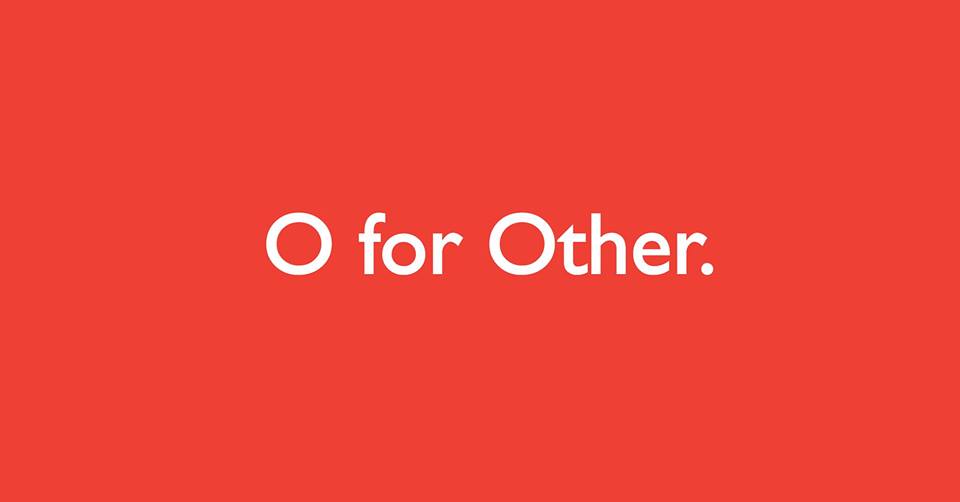
Please join us for an open meeting to discuss ideas that will help shape an upcoming collaborative blogging project – ‘O for Other’.
______
‘O’ for ‘Other’ is a new collective blogging project that investigates histories through visual and material culture to raise interesting hitherto undervalued questions about ideas of ‘change’. By investigating a host of sites, spaces, objects, and texts, as well as paying close attention to the relationship between form and idea, these lines of inquiry may help us explore different kinds of narratives that could shape new ways of thinking about the pasts, presents, and futures that are continually contested.
In doing so, we critically reexamine a prevailing legacy of national history that can be traced back to an 18th-century European idea of ‘History’. Here, ‘History’ with a capital ‘H’ organises knowledge of the past through national and civilizational lens. Understood in this manner, ‘History’ transforms a model of remembrance into a dominant value system that defines and regulates social life in the present.
What knowledge of the past, on the present or from the future, does a thing or an object that exist in the world carry along with them? Do they offer clues that telescope a worldview, a social relationship, an economic system, a power politics or a moral philosophy, a cosmology? Or do they register a different contour altogether, as affect or as psychic imprint? Do they reveal a heartbreak, a longing, a reconciliation, a defeat, a retribution, a moment of perfect happiness, a terror, a sense of destiny?
More importantly, how do they tell stories of change?
In this open meeting, we are keen to explore some of the following questions:
2pm – 3pm HORIZONS OF NATIONAL HISTORY
What are the potential and limits of national history? What roles do print capitalism, monuments, and museum exhibitions play in the writing of a national history? Is a national history ultimately produced through selective remembering and calculated exclusion? Is the primary purpose of national history to argue for the state’s right to exist, if not, what other functions might it serve? If so, is it even possible to imagine an inclusive and collective ownership over what appears to be a form of selective remembering?
3pm- 4pm THE MANY WAYS OF REMEMBERING
What counts as historical fact today? How is the past remembered differently outside of national history? What counts as evidence here? What are the forms in which remembrance take? What are its politics and how does it inform the ways a people or an individual make sense of the present and the future? Are these forms of remembrance a type of ‘history’, or, is it more useful to calibrate new terminologies that might accommodate an understanding of the past as social memory, fiction or prophecy?
4pm – 5pm OBJECTS THAT REMEMBER, THINK AND SPEAK
How might we begin to explore an imaginative approach to the study of the past through an object? Is an object, like a mirror a reflection of the historical context it emerged from or does it like a window offers us a glimpse into a philosophical worldview of the maker or the people who uses it or does it like a hammer actively shape new reality through its presence in this world? What happens when an object move from one time into another? How do we account for its recontextualisation?
5pm – 5.30pm MAKING AND THINKING COLLABORATION
How can we experiment with a form of research that is premised on genuine collaboration? What are the next steps needed for this project?
Our first open meeting seeks to gather responses to our brief blurb. In the course of putting this together, we have come up with more questions than answers, in the hope that ideas can be explored together when we meet. We aspire to rethink a collaborative method of doing history. We offer no answers to confront the ‘voids’ left behind by the violence that comes with State-driven attempt to refigure the past. Instead, we can only approximate a democratic space for critical reflection and experimentation, to prospect collectively what anthropologist Arjun Appadurai calls ‘the social life of things’ and to conjure speculative horizons for writing meaningful histories of things that carry in them many stories, ideas, and worlds.
‘O’ for Other is a blogging project co-organised by
Malaysia Design Archive
Imagined Malaysia
Visual Art Program, Cultural Centre, University of Malaya


